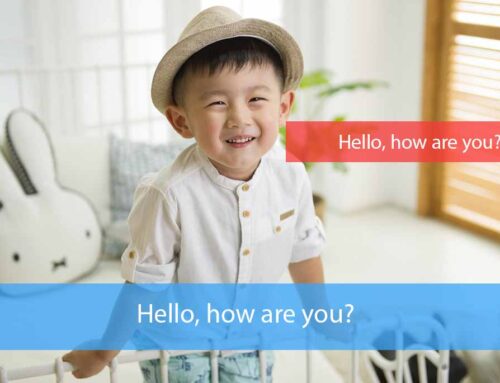One of the most common questions asked by parents and caregivers of individuals who stutter is when to start speech therapy for stuttering. While the answer to this question can vary depending on the specific needs and circumstances of the individual, there are some general guidelines that can help determine the best age to start speech therapy for stuttering.
First and foremost, it is important to identify stuttering as early as possible. The earlier stuttering is identified and addressed, the more likely it is that the individual will see improvements in their speech and communication skills. In some cases, stuttering may resolve on its own, particularly in young children who are still developing their language skills. However, if stuttering persists or becomes more severe over time, it is important to seek professional help.
The American Speech-Language-Hearing Association (ASHA) recommends that parents and caregivers seek evaluation and treatment of stuttering for children who stutter if:
- The child is older than 3 years of age and has been stuttering for more than 6 months
- The child is experiencing significant distress or avoidance behaviors related to stuttering
- The child’s stuttering is severe or getting worse
It is important to note that these guidelines are meant to be used as a general guide and may not apply to every individual. Some children may benefit from speech therapy at an earlier age, while others may not need treatment until later on. The decision to start speech therapy should be based on the individual needs and circumstances of the child, as well as the recommendations of a speech-language pathologist (SLP).
If it is determined that a child would benefit from speech therapy for stuttering, the SLP will work with the child and their caregiver(s) to develop a treatment plan that is tailored to the child’s specific needs. This may include individual therapy sessions, group therapy, or a combination of both. The SLP may also work with the child’s teachers and other professionals, such as occupational therapists, to ensure that the child’s stuttering is addressed in all areas of their life.
The goals of speech therapy for stuttering may include:
- Improving the fluency and ease of speech
- Reducing the frequency and severity of stuttering
- Improving the child’s self-confidence and communication skills
- Teaching the child and their caregiver(s) strategies to manage stuttering
It is important to remember that stuttering is a complex condition that can be affected by a range of factors, including genetics, brain development, and environmental factors. As such, it is not always possible to completely eliminate stuttering. However, with the help of a qualified SLP, individuals who stutter can learn strategies and techniques to manage their stuttering and improve their overall communication skills.
In conclusion, the age at which to start speech therapy for stuttering can vary depending on the individual’s needs and circumstances. It is important to seek evaluation and treatment as early as possible to maximize the chances of improvement. With the help of a qualified SLP, individuals who stutter can learn strategies and techniques to manage their stuttering and improve their overall communication skills.




